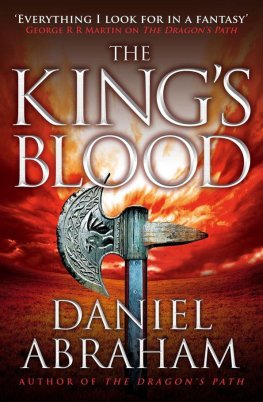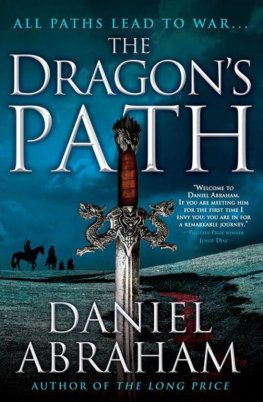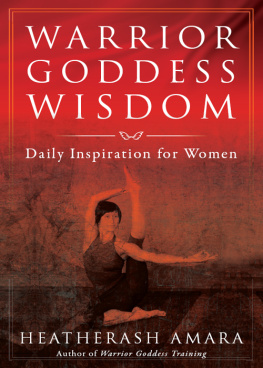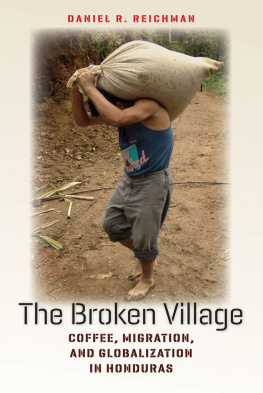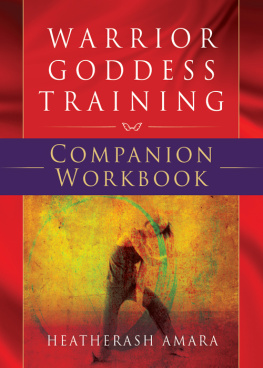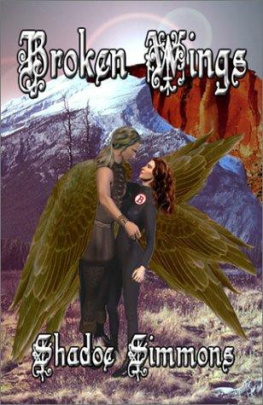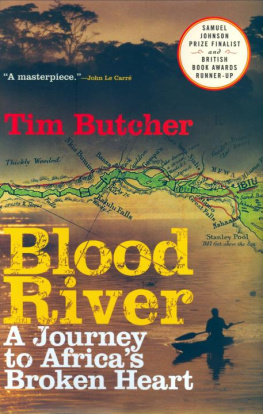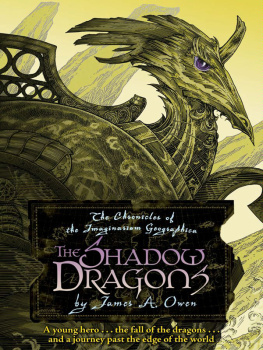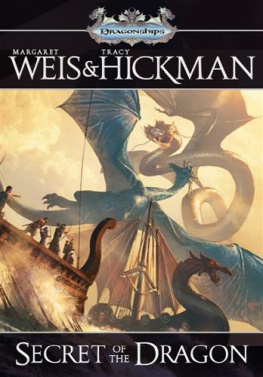Daniel Abraham - The King's Blood
Here you can read online Daniel Abraham - The King's Blood full text of the book (entire story) in english for free. Download pdf and epub, get meaning, cover and reviews about this ebook. genre: Romance novel. Description of the work, (preface) as well as reviews are available. Best literature library LitArk.com created for fans of good reading and offers a wide selection of genres:
Romance novel
Science fiction
Adventure
Detective
Science
History
Home and family
Prose
Art
Politics
Computer
Non-fiction
Religion
Business
Children
Humor
Choose a favorite category and find really read worthwhile books. Enjoy immersion in the world of imagination, feel the emotions of the characters or learn something new for yourself, make an fascinating discovery.
- Book:The King's Blood
- Author:
- Genre:
- Rating:4 / 5
- Favourites:Add to favourites
- Your mark:
- 80
- 1
- 2
- 3
- 4
- 5
The King's Blood: summary, description and annotation
We offer to read an annotation, description, summary or preface (depends on what the author of the book "The King's Blood" wrote himself). If you haven't found the necessary information about the book — write in the comments, we will try to find it.
The King's Blood — read online for free the complete book (whole text) full work
Below is the text of the book, divided by pages. System saving the place of the last page read, allows you to conveniently read the book "The King's Blood" online for free, without having to search again every time where you left off. Put a bookmark, and you can go to the page where you finished reading at any time.
Font size:
Interval:
Bookmark:
Daniel Abraham
The King's Blood
To my brother Xerxes

Introduction
Master Kit
The apostate, called Kitap rol Keshmet among other things, stood in the soft city rain, the taint in his blood pressing at him, goading him, but being ignored. Fear and dread welled up in his throat.
In any of the cities and villages of the Keshet or Borja or Pt, the temple would have been the central fact of the community, a point of pride and honor, and the axis about which all life turned. In the vast glory of Camnipol, it was only another of a thousand such structures, awe-inspiring in its scope, beauty, and grandeur, and rendered unremarkable by its company.
The city was the heart of Imperial Antea as Imperial Antea was the heart of Firstblood power in the world, but Camnipol was older than the kingdom it ruled. Every age had left its mark here, every generation growing on the ruins of the old until the earth below the dark-cobbled streets was not soil, but the wreckage of what had come before. It was a city of black and gold, of wealth and desperate poverty. Its walls rose around it like a boast of invulnerability, and its noble quarters displayed great mansions and towers and temples casually, as if the grandeur was trivial, normal, and mundane. Had Camnipol been a knight, he would have worn black-enameled armor and a cloak of fine-worked wool. Had it been a woman, she would have been too handsome to look away from and too intimidating to speak with. Instead, it was a city, and it was Camnipol.
Soft rain darkened the stone walls and high columns. Wide steps rose from street to landing and then again to the shadowed colonnade. The great spider-silk bannerthe red of blood with the eightfold sigil of the goddess at its center hung beneath the overhanging roof, dark at the bottom from the rain and at the top from the shadows, and the breeze sent ripples across it. The carriages and palanquins of the highest noble families of Antea filled the narrow road, each trying to reach a more prestigious place on the smooth-cobbled street and none willing to retreat a step that might give a rival some opportunity. And it was still hardly past first thaw. When summer and the court season came, the place would be unnavigable. To the north, the great tower of the Kingspire was greyed by mist, its top shrouded so that it appeared to grow up into the spreading cloud: the Severed Throne reaching out in all directions and weighing down the world.
The apostate pulled the hood of his cloak forward to hide his face and conceal his hair. Tiny spheres of rain beaded his beard like web-caught flies. He waited.
At the top of the steps, the hero of Antea stood, smiling and nodding to the few grandees who had come early to the city as they passed into the dimness of the temple. Geder Palliako, newly Baron of Ebbingbaugh and Protector of Prince Aster who was the only son of King Simeon and heir to the Severed Throne. Geder Palliako who had saved the kingdom from the conspiracies of the courts of Asterilhold. Geder wasnt the image of a national hero. His face was round and pale, his hair slicked back. The black leather cloak he wore was cut for a thicker mans frame, pooling around him like an ornate curtain. He stood under the great red banner like a new actor freshly on a stage. The apostate could almost see him repeating lines to himself, straining his ears toward his cue.
This was the man who had brought back the cult of the goddess, long forgotten, and dropped it into the center of the greatest empire outside Far Syramys. In a more pious age, the temple might have struggled to take root, but the priests of Antea had long ago become political spokesmen and champions of the expedient. The voice of the goddess, impossible to resist for long, had found willing ears here, and the nobility streamed in like children before a puppet show, excited by the hint of the exotic, the decadent, and the strange.
They were dead. Their city, their empire, the truths they had learned at their nurses breasts. Like the first pale mark of leprosy, the rot had touched their city, and none of them could see it for what it was. Nor, in all likelihood would they ever, even as the madness took them. They would die and never understand what they had become.
Hoy! Old man!
The apostate turned. The armsman was Jasuru, bronze-scaled and black-tongued. He wore boiled leather and the sigil of a serpent on a field of orange. Behind him, a young woman was stepping down from a gilt carriage with the help of a footman in matching colors. The woman herself wore a black leather cloak, cut too generously. Fashion in all things.
Whats your business here? the Jasuru demanded, his hand on his swords pommel.
Nothing pressing, the apostate said. Didnt see I was in the way. Quite sorry.
The guard growled low in his throat and looked away. The apostate turned his back and walked. Behind him, the high, rattling sound of the tin gongs began. He hadnt heard the call to prayer since he was a boy and a priest in a mountain temple half a continent away. For a moment, he could smell the dust and sweet wellwater, could hear the scrape of lizards across the stone and taste the curried goat that no one else in the world made the way they had in the village of his youth. A deep voice began the call to prayer, and the power in the apostates blood thrilled to the half-forgotten syllables. He paused, ignored the wisdom of a thousand childrens tales, and looked back.
The bull-huge man wore the green and gold of a high priest preparing the low rites, but he was no one the apostate recognized. The high priest he had known was dead, then. Well, the spider goddess promised many things, but physical immortality wasnt one. Her priests could die. The thought was a comfort. The apostate pulled his cheap wools closer around him and disappeared into the wet labyrinth of broadways and alleys.
The Division split Camnipol down its center like Gods knife wound. Half a dozen true bridges spanned the abyss from its rim, standing high above the empty air, massive webworks of stone and iron. Any number of improvised chain-and-rope constructions reached across it lower down where the walls came closer together. If one were sitting near its edge, the history of the city was laid bare, ruin laid upon ruin laid upon ruin until the ancient architecture vanished, indistinguishable from stone apart from the occasional archway or green-bleeding bronzework. Since the age of dragons and before, there had been a city where Camnipol stood, growing upon and out of the ruins of the city before it. Even now, poor men and women of the thirteen races lived deep in the flesh of the city, inhabiting lightless caves that had been the storehouses and ballrooms and palaces of their ancestors.
You never really think about drainage, Smit said, looking out into the grey air.
I dont believe I do, the apostate said, shrugging off his cloak. Was there a reason you felt I should?
The troupe had taken shelter in a common yard at the Divisions edge. The carts thin doors were open, but they hadnt lowered the stage. Cary sat cross-legged with her back against the wide wheel, sewing beads to the blue gown. They were going to play The Brides Folly that night, and the role of Lady Partia called for a bit more frippery. Sandr and Hornet were at the back of the high shelter with sticks in their hands, walking the choreography of the final battle where Anson Arranson exposed the treachery of his commander. Charlit Soon, their newest actor, sat with her hands under her thighs, her lips moving as if in prayer. It was her first night playing in The Brides Folly, and her anxiety was endearing. Mikel was nowhere to be seen, likely off to the market and haggling for meat and river fish. There would be plenty of time for him to return and make ready. It was only the gloomy weather that made everything seem late.
Font size:
Interval:
Bookmark:
Similar books «The King's Blood»
Look at similar books to The King's Blood. We have selected literature similar in name and meaning in the hope of providing readers with more options to find new, interesting, not yet read works.
Discussion, reviews of the book The King's Blood and just readers' own opinions. Leave your comments, write what you think about the work, its meaning or the main characters. Specify what exactly you liked and what you didn't like, and why you think so.

